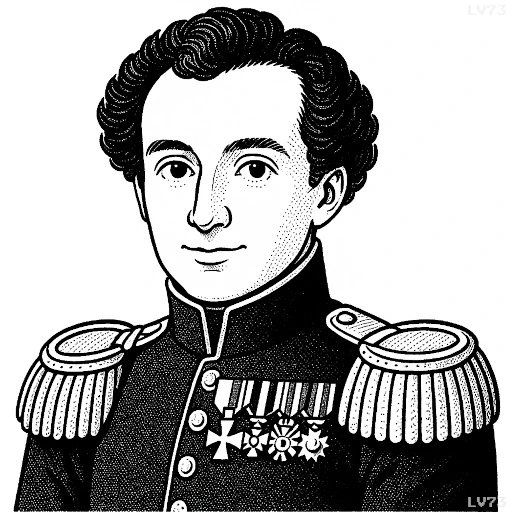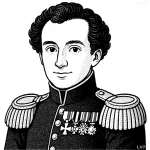“Principles and rules are intended to provide a thinking man with a frame of reference.”

- July 1, 1780 – November 16, 1831
- Born in the Kingdom of Prussia (now Germany)
- Military officer and military theorist
table of contents
Quote
“Principles and rules are intended to provide a thinking man with a frame of reference.”
Explanation
Clausewitz’s statement reflects the essential role that principles and rules play in guiding strategic thinking and decision-making, especially in complex and unpredictable environments like war. While war itself is chaotic and filled with uncertainty, principles and rules serve as a framework—a set of guidelines or reference points—that help the commander navigate this complexity. They do not dictate every action or outcome, as warfare is far too dynamic to be reduced to a series of rigid rules, but they offer a mental structure within which to assess situations, make decisions, and adapt to changing circumstances. In this sense, these principles are not meant to be followed blindly but to provide the thinking leader with a solid base from which to engage in creative problem-solving.
This idea is especially crucial in the context of military strategy, where commanders often face situations that do not have clear solutions. Clausewitz’s own work, On War, lays out several important principles—such as the fog of war, the importance of concentration of force, and the need for decisive action—which help commanders understand and interpret the complex, fluid nature of combat. However, Clausewitz also acknowledges that principles and rules are only useful when they are applied with judgment and adapted to the realities of the specific situation at hand. For example, a strict adherence to a principle of total victory may not always be feasible in the face of shifting alliances or unpredictable enemy tactics.
In modern contexts, this idea holds true in fields beyond the military, such as in business or political strategy, where principles like efficiency, adaptability, or risk management serve as frameworks for decision-making. However, just as in war, these principles must be used flexibly. A business leader might follow the principle of customer-first, but that may not mean pursuing every customer at all costs. Instead, they must apply the principle thoughtfully, considering market conditions, resources, and long-term goals. Similarly, in politics, the principle of democracy guides leaders but must be interpreted and adapted to fit the cultural and historical context in which they operate. Clausewitz’s insight serves as a reminder that principles and rules are not ends in themselves, but tools for clear thinking and effective action in an often unpredictable world.
Would you like to share your impressions or related stories about this quote in the comments section?

